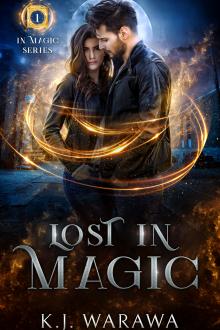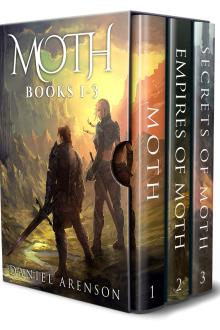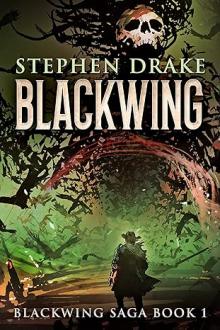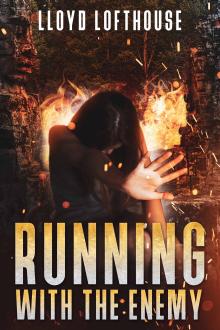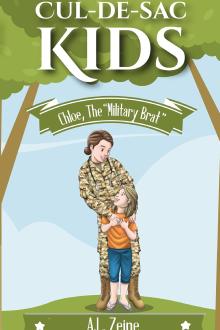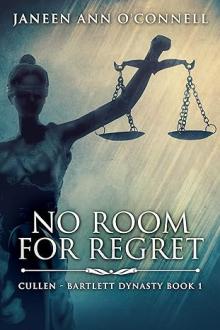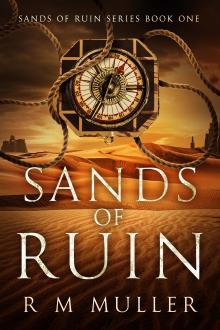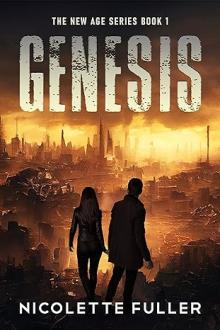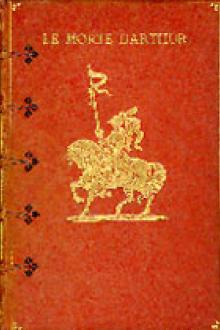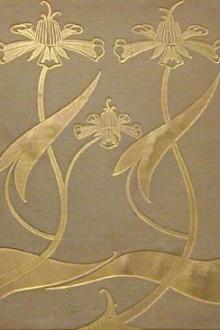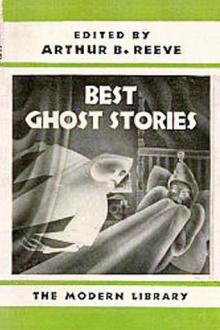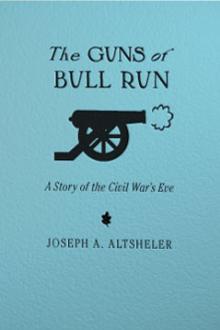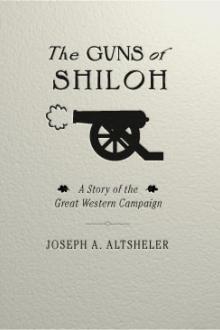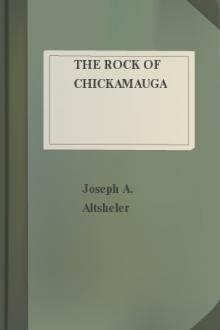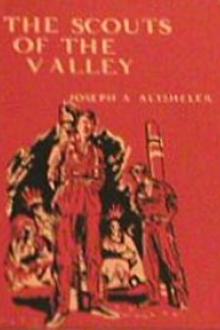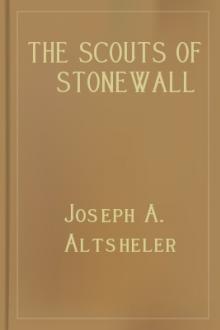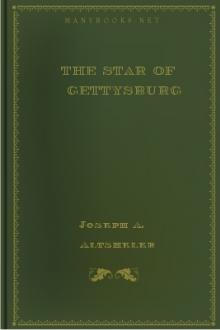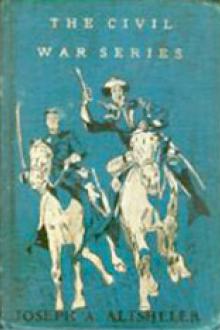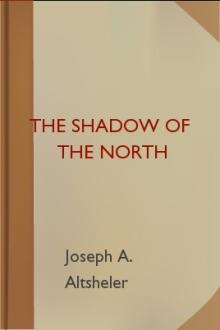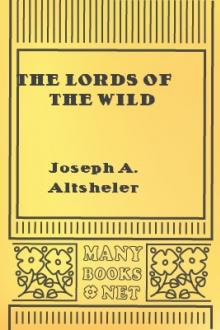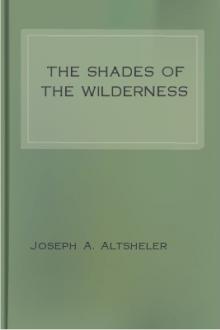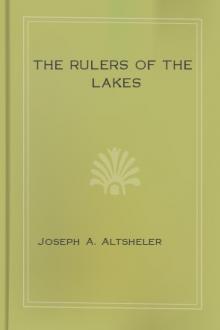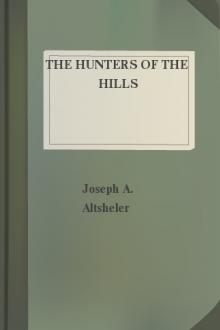The Candidate
The Candidate
A Political Romance
In this political novel the hero, who is a presidential candidate, is accompanied by his niece on a speech making tour through the West. A newspaper correspondent, also in attendance, loves the girl and is largely responsible for the triumph of the candidate. The path of love is not smooth however, for the girl is the betrothed of a distinguished politician, whose enmity her uncle has no wish to incur.
Book Excerpt
Here was a lack of conventionality, and an even stronger note of simplicity and freshness. The candidate, with his new honors, still held himself as one of the people, it never occurred to him that he might assume a pose and the public would accept it; he was democracy personified, and he was such because he was unconscious of it. His perfect freedom of manner, which Harley had not liked at first, now became more attractive.
"We leave at eleven o'clock for my home," said Mr. Grayson, "and arrive there to-morrow morning. I have some preparations to make, but I shall begin the campaign a day or two later."
"I intend to go with you to your town," said Harley. "You know the compact; I cannot let you out of my sight."
Mrs. Grayson, a grave, quiet woman, spoke for the first time.
"You shall come along, not merely as a sentinel, but as one of our little party, if you will, on one condition," she said.
"What is that?"
"On condition that you come to our house and take dinner
FREE EBOOKS AND DEALS
(view all)Popular books in Fiction and Literature
Readers reviews
5.0
LoginSign up
Much of the text of this absorbing 1905 novel about a presidential campaign shows how little American politics has changed, or perhaps what it has reverted to. Candidates no longer campaign cross country by train; the "West" no longer begins east of Chicago; and election news is no longer carried by telegram, but Wall Street robber barons who know little of the worries of the people, and care less, try to dictate policy to the candidate for the sake of their own vested interests using their fat purses as carrot and stick just as they did more than a century ago; news media are today as nearly partisan and prone to slanting the truth; and pomposity and bombastic rhetoric abound. The presidential candidate in this case is Jimmy Grayson, a relatively young man from the West, who makes up as an orator what he may lack in experience in office. He travels with his wife and their niece Sylvia Morgan, both of whom assist the campaign, plus a retinue of reporters, one of whom, John Harley of the New York Gazette, becomes increasingly important to the campaign, and to Sylvia, who, regrettably, is already engaged to marry a much older man, a prominent supporter of her uncle. Although Grayson is his party's nominee, his party is greatly divided on various issues, among them the influence of financiers. This and other questions of what is right vs. what is politically expedient to keep the party together and win the election come up again and again. U.S. politics at the outset of the 20th century were aligned differently than today. (Teddy Roosevelt, a Republican, was president then, opposing monopolies and promoting land conservation, but the GOP moved so far rightward after his second term that he founded the Progressive Party.) However, whatever the parties stood for then — they are not named in this novel — anyone reading will certainly find parallels to the present day in passages like these: “It was a gathering of the great, moneyed men of the party, eager to see the attitude of (the candidate) upon affairs that concerned them intimately, and prompt to take action in accordance. They were the guardians of ‘vested’ interests, interests watched over as few things in this world are, and they were resolved to see that they took no harm....“They were men of power, men whose brief words went far, and they held in their hands strings that controlled many and vast interests when they pulled them, and their hands were always on the strings.... They worked, by choice and by opportunity, in silence and the dark....“(The public) heard the candidate tell of mighty corporations, of a vague and distant place called Wall Street, where fat men, with soft, white fingers and pouches under their eyes, sat in red-carpeted offices and pulled little but very strong strings that made farmers on the Western plains, two thousand miles away, dance like jumping-jacks, just as the fat men wished, and just when they wished. These fat men were allied with others in Europe, pouchy-eyed and smooth-fingered like themselves, and it was their object to own all the money-bags of the world, and gather all the profits of the world's labor....”“The conversation was exclusively commercial and financial. (The financiers believed) the whole science of government pertained to the development of trade, and it was the business of a people, as well as of a man, to stick to the main point. It was for this reason, too, that Mr. Crayon incidentally let it be understood that he did not value a college education. He had several university graduates working for him on small salaries, while he had never been inside the walls of a university, and that was the beginning and end of the matter; there could be no further discussion.”
- Upvote (0)
- Downvote (0)
A magnificent story, one not to be easily forgotten, highlighting the political campaign of a candidate for the Presidency of United States, and emotions & drama of all other media correspondents and family friends along with him on the campaign, especially Harley's character, the cheif correspondent for New York Gazette, was wholesome, charming & enjoyable and led the story to its zenith. MUST Read!
01/25/2010
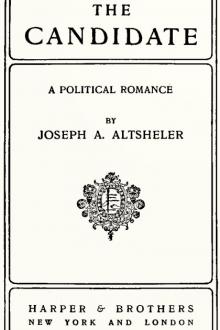
 Free Download
Free Download